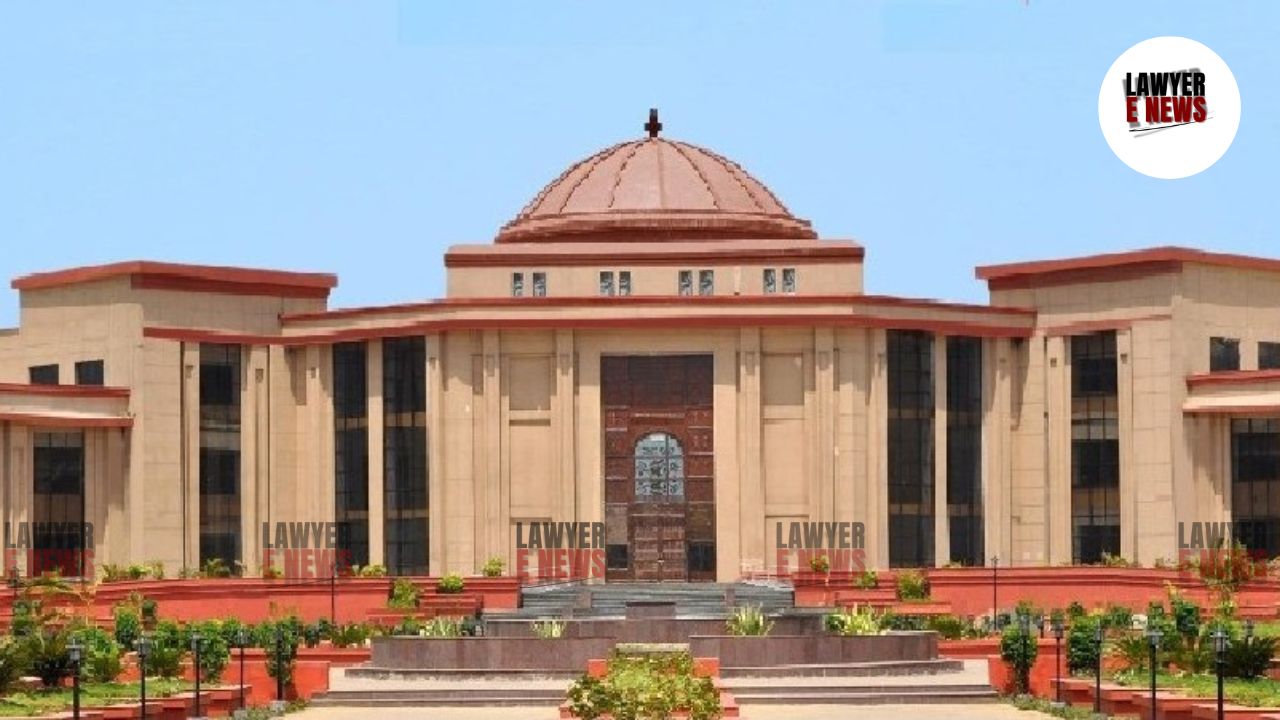-
by Admin
15 February 2026 5:35 AM



Chhattisgarh High Court in Dev Kumar & Anr. vs. State of Chhattisgarh acquitted Dev Kumar and Bhagwan Singh, previously convicted of arson and assault under Sections 323 and 436 read with Section 34 of the IPC. The court found that the prosecution failed to prove the accused's guilt beyond a reasonable doubt and noted contradictions in the evidence presented, particularly the absence of independent witnesses to support the claims.
The case stemmed from an altercation on June 3, 2003, when Dev Kumar and Bhagwan Singh allegedly assaulted Ramkumar and his wife, Rohini Bai, over a financial dispute. Following the assault, the appellants were accused of setting fire to Ramkumar’s house using kerosene. Ramkumar claimed that the appellants had demanded ₹9,000 and threatened him when he refused. He reported that the appellants had set fire to his porch and kitchen, a claim later contradicted by independent witnesses during the trial.
The primary legal issue was whether the appellants had committed the offenses of assault and arson. The trial court had convicted the appellants based on the testimonies of Ramkumar and his wife, but the defense argued that these were insufficient and contradicted by other evidence. The High Court had to determine if the trial court had rightly convicted the appellants or if there was a failure in proving the allegations beyond a reasonable doubt.
The High Court critically examined the testimonies and evidence:
Lack of Independent Corroboration: The court observed that the allegations of arson were not supported by independent witnesses. While Ramkumar and his wife testified against the appellants, other witnesses, including Ramnarayan (PW-2) and Vish Kumar Pandey (PW-7), suggested a different narrative, indicating a financial dispute and a potential false implication.
Contradictory Evidence: The medical evidence did not support the claim of physical assault. Dr. M.D. Dohre (PW-4) reported that Ramkumar had no visible injuries, only pain complaints, and Rohini Bai had minor scratch marks that could have resulted from broken bangles. Kotwar Rameshwar Das (PW-10) also had no external injuries.
Financial Dispute: The defense highlighted a longstanding monetary dispute between the parties. The court noted testimonies indicating that Dev Kumar had previously bailed out Ramkumar from a legal issue in Orissa, and a panchayat had been convened to resolve the financial matter, further complicating the narrative of a straightforward assault and arson case.
No Evidence of Arson Tools: The court pointed out the absence of physical evidence linking the appellants to the arson. No lathi, kerosene can, or matchbox was recovered from the crime scene, which cast further doubt on the prosecution’s claims.
Given these inconsistencies, the High Court held that the trial court had erred in convicting the appellants. The judgment emphasized the principle that the benefit of doubt must go to the accused when the prosecution fails to establish guilt conclusively.
"The benefit of doubt goes to the appellants. In this situation, the conviction and sentence of the appellants is not found to be sustainable," the court stated.
The High Court allowed the appeal, setting aside the conviction and sentences. Dev Kumar and Bhagwan Singh were acquitted of all charges, and the court extended their bail bonds for an additional six months as per Section 437-A of the Cr.P.C. The judgment underscores the importance of establishing guilt beyond reasonable doubt and ensuring that convictions are not based on insufficient or contradictory evidence.
Date of Decision: September 17, 2024
Dev Kumar & Anr. vs. State of Chhattisgarh
